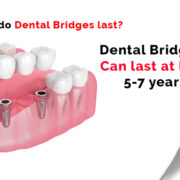Dental surgeons from school often get mistaken for medical doctors. The field is a subset of medical, but does not complete it wholly. Both dental surgeons and medical doctors can help with our health problems, but understanding the differences between them is important to get the best possible treatment. In this article, we’ll uncover the truth about whether dental surgeons are medical doctors and what makes them different. We’ll look at the qualifications and training that dental surgeons need, and the treatments and procedures that they can perform. By the end, you’ll have a better understanding of the differences between these two professions and how they can help us stay healthy.
Who is a Dental Surgeon?
A dental surgeon is a healthcare professional who specialises in diagnosing, treating, and preventing dental diseases, including cavities, gum disease, and other conditions that can affect our oral health. They are also responsible for performing a variety of dental procedures, such as fillings, extractions, root canals, and implants.
A dentist is a medical professional who specialises in the prevention, diagnosis, and treatment of conditions that affect the teeth, gums, and mouth. They are also known as dentists or dental doctors. Dental surgeons may perform a variety of procedures, including cleanings, fillings, extractions, root canals, and cosmetic procedures such as teeth whitening or veneers.

They may also work closely with orthodontists, periodontists, and other dental specialists to provide comprehensive care for their patients. Dentist must have a thorough understanding of oral anatomy and physiology, as well as strong manual dexterity and problem-solving skills. They must also be able to communicate effectively with patients to help them understand their oral health and make informed decisions about their care.
Qualifications and Training of a Dental Surgeon
Bachelor’s degree: To be eligible for admission to dental school, one must first earn a bachelor’s degree from an accredited college or university. While there is no specific undergraduate major required, many aspiring dental surgeons choose to study biology, chemistry, or other related sciences.
Dental school: After completing a bachelor’s degree, aspiring dental surgeons must enroll in and complete a dental school program. These programs typically take four years to complete and consist of a combination of classroom instruction, laboratory work, and clinical rotations.
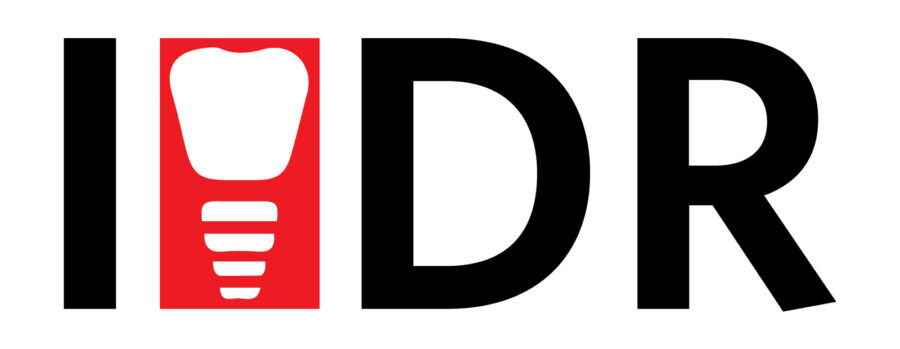
Residency: Some dental surgeons choose to complete a residency program after dental school to further specialize in a specific area of dentistry. These programs typically last between one and two years and provide additional training and hands-on experience in a particular field.
Continuing education: Like all medical professionals, dental surgeons must also participate in continuing education to maintain their licensure and stay up-to-date with the latest developments in their field. This typically involves attending seminars, workshops, and other educational programs on a regular basis.
Overall, becoming a dental surgeon requires a significant investment of time, effort, and resources, but it can be a rewarding and fulfilling career for those with a passion for helping others and a strong interest in oral health.
Are Dental Surgeons different from Medical Doctors?
The main difference between a dentsist and a medical doctor is the type of treatment they provide. Dental surgeons specialize in treating conditions related to the teeth, gums, and surrounding structures, while medical doctors specialize in diagnosing and treating medical problems.
Dental surgeons are also not able to prescribe medications, whereas medical doctors can do so. Additionally, medical doctors are trained in a variety of medical specialities such as cardiology, oncology, and paediatrics, whereas dental surgeons focus on dentistry.
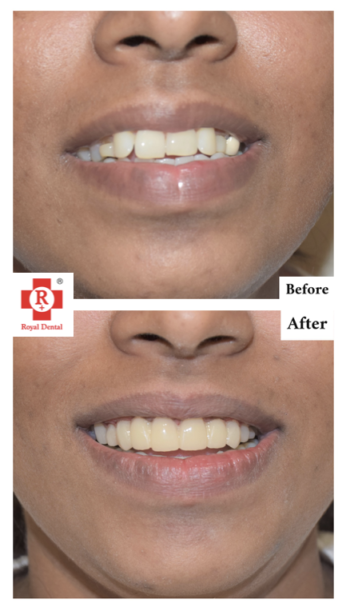

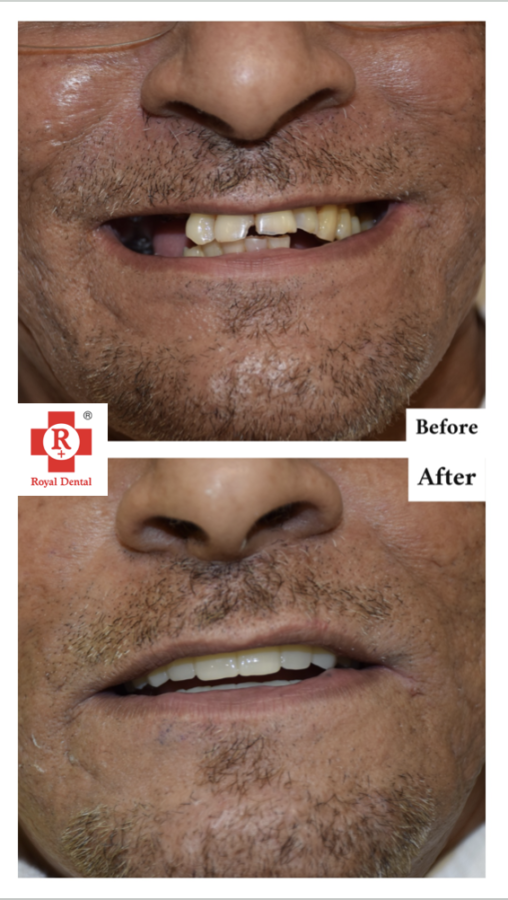
Scope of practice: Medical doctors are trained to diagnose and treat a wide range of health conditions and diseases throughout the body, while dental surgeons focus specifically on the prevention, diagnosis, and treatment of conditions that affect the teeth, gums, and mouth.
Education and training: Medical doctors typically complete a four-year undergraduate degree followed by four years of medical school, followed by residency training in a particular specialty. Dentist typically complete a four-year undergraduate degree followed by dental school, and may also complete a residency program in a particular dental specialty.
Licensing: Medical doctors and dental surgeons must both pass licensing exams in order to practice in their respective fields, but the specific exams and requirements may differ.
Patient populations: Medical doctors typically treat patients of all ages, while dental surgeons may specialize in treating children, adults, or elderly patients.
Procedures: Medical doctors perform a wide range of procedures, including surgeries, while dental surgeons primarily perform procedures related to the teeth, gums, and mouth, such as fillings, extractions, and root canals.
What treatment and procedure do Dental Surgeons offer?
Tooth surgeons offer a variety of treatments and procedures to help maintain and improve oral health. Common procedures include fillings, crowns, bridges, root canals, and extractions. They can also provide cosmetic treatments such as teeth whitening, veneers, and dental implants. Additionally, they can provide preventive care such as routine cleanings and fluoride treatments.
Important differences between dental surgeon and doctor
It’s important to understand the differences between a dental surgeon and a medical doctor to get the best possible treatment for your particular health concern. Knowing which type of healthcare provider to see for a specific problem can help ensure that you receive the most appropriate care. Overall, while there are some similarities between medical doctors and dental surgeons, they have distinct areas of expertise and training.
For instance, if you have a toothache, you should see a dental surgeon. A medical doctor may be able to provide some relief, but they are not trained in the treatment of dental issues. On the other hand, if you have a fever or other medical issues, you should see a medical doctor. A dental surgeon may be able to provide some relief, but they are not trained in the diagnosis and treatment of medical conditions.
One common misconception is that dental surgeons are the same as medical doctors. While both types of healthcare professionals can provide treatment for our health problems, they are not the same. Dental surgeons specialize in the diagnosis and treatment of oral health issues, while medical doctors specialize in the diagnosis and treatment of medical issues. Another common misconception is that dental surgeons can prescribe medications. This is not true. Only medical doctors can prescribe medications.
Different types of Dental Surgeries
Dentist surgeons can perform a variety of surgical procedures, such as root canals, extractions, and dental implants. Root canals are used to treat infections in the root of a tooth, while extractions are used to remove teeth that are too damaged or decayed to be saved. Dental implants are used to replace missing teeth and can be used to restore function and aesthetics.
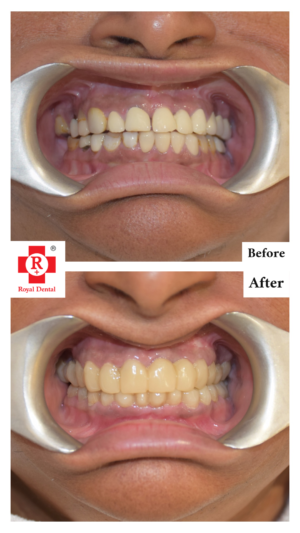
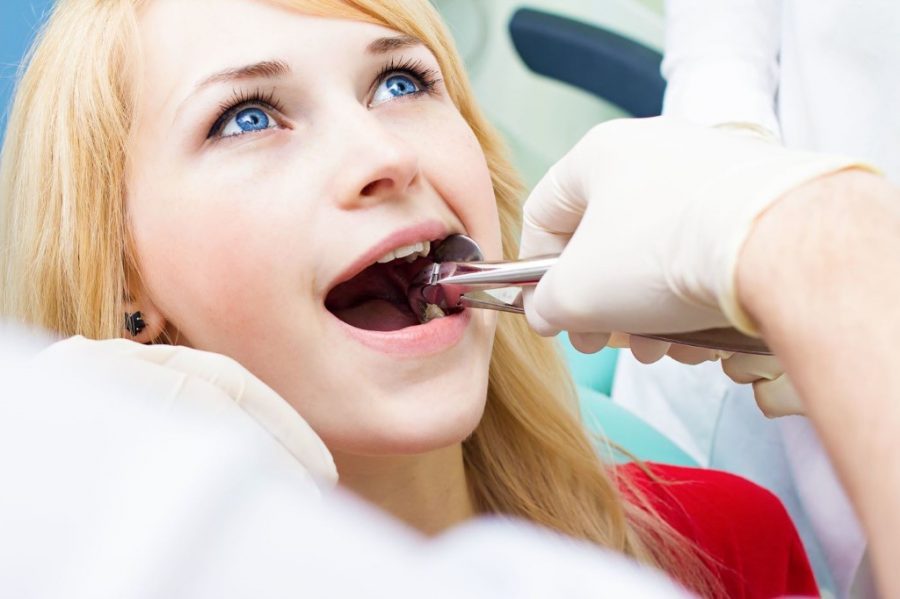
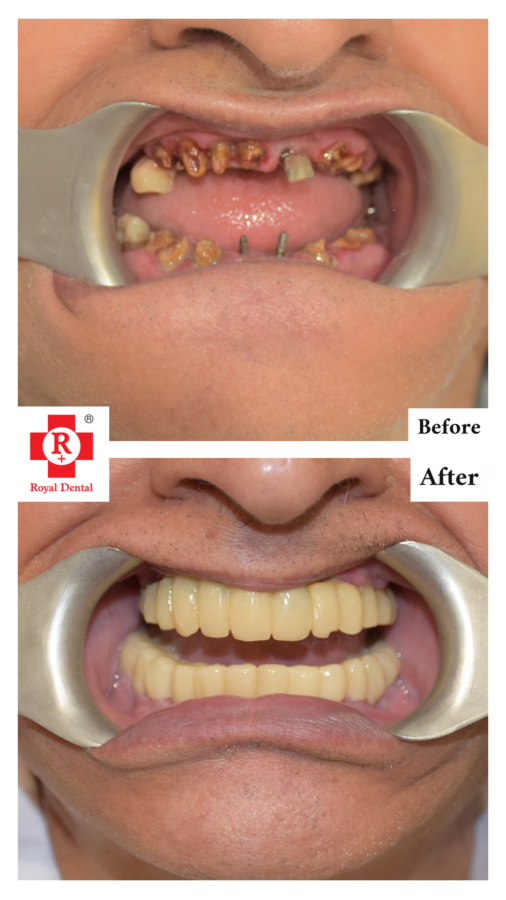
Tips on how to choose the right Dental Surgeon
Finding the right tooth surgeon for your particular needs is important to ensure that you receive the best possible care. Here are a few tips to help you choose the right dental surgeon:
✪ Ask your friends and family for referrals
Research the dental surgeon’s credentials, such as education and experience
✪ Make sure the dental surgeon is licensed in your state or province
Ask about the dentist speciality and the treatments they offer
✪ Read online reviews to get an idea of the quality of care
Conclusion
Dental surgeons and medical doctors both play important roles in helping us stay healthy, but understanding the differences between them is important to get the best possible treatment. Tooth surgeons specialise in diagnosing, treating, and preventing dental diseases, while medical doctors specialise in diagnosing and treating medical issues. Both require a variety of qualifications and training and can offer a range of treatments and procedures. Knowing the differences between these two professions is key to ensuring that you receive the most appropriate care for your particular health concern.
There’s no flaw left upon meeting us. We always care! Trust Your Safety With Royal Dental Clinics, Trust Your Smile With Royal Dental Clinic.
Dr. Chirag Chamria


